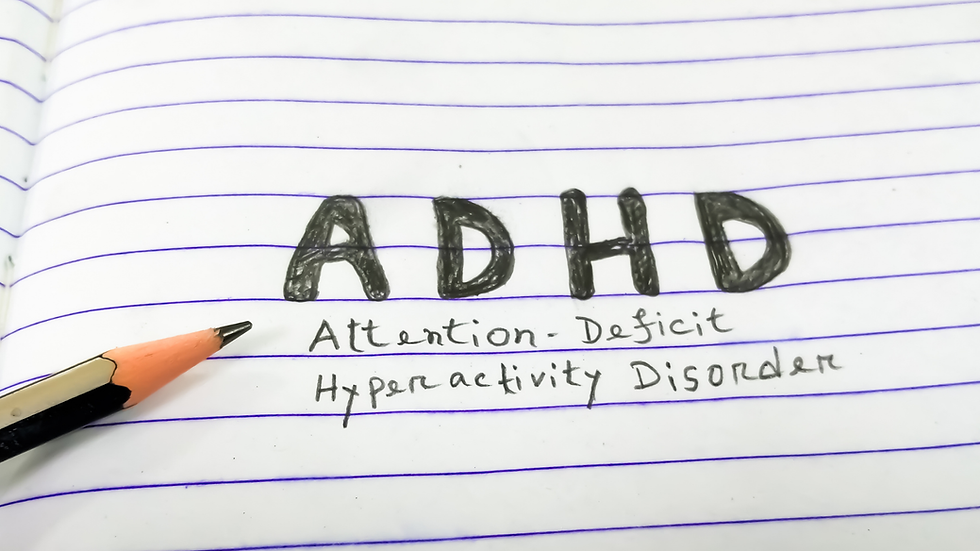Bullying: How to Recognize It and Why Reaching Out Matters
- Jolene Psychology and Hypnosis Centre

- Oct 15, 2025
- 3 min read

In Malaysia in 2025, the death of 13-year-old Zara Qairina Mahathir brought national attention to how ordinary bullying behaviors—verbal insults, harsh scolding, exclusion—can escalate into tragedy. Although this is still ongoing, what is clear is that many of the behaviors exhibited toward Zara mirrored what we typically dismiss as “harmless teasing” - persistent, targeted, emotionally damaging. When people who should protect - teachers, parents, institutions don’t intervene, the consequences can be heartbreaking. It can crush someone’s confidence, steal their joy, and in tragic cases like Zara Qairina’s, even cost a life.
Bullying is more than just teasing or little arguments and fights. It happens when someone keeps using their power - whether physical strength, popularity, or even social influence - to harm or control another person. What makes bullying different from normal conflict is that it is done on purpose, targeted, and often directed at those who are more vulnerable.
Bullying can look different. Sometimes it’s physical - hitting, pushing, or breaking someone’s things. Other times it’s verbal - name-calling, insults, or mean jokes. As kids grow older, it often turns into gossip, leaving someone out on purpose, or twisting friendships. And now with the internet, bullying doesn’t stop at school - cyberbullying can hurt through posts, messages, and comments any time of day.
Signs You Might Be Experiencing Bullying

Not all signs of bullying are visible. Sometimes, the impact is felt more than seen. You might notice yourself dreading school or work, losing interest in activities you once enjoyed, or avoiding certain people. Anxiety, irritability, or sadness that doesn’t go away may also point to something deeper.
Your body may react too. You might experience stomach aches, headaches, or trouble sleeping can all appear when stress and fear become overwhelming. A sudden drop in grades, missed days at school, or withdrawing from friends are also red flags. These changes don’t always mean bullying is the cause, but they do mean it’s worth paying attention.
Being bullied can leave deep emotional/psychological scars. Victims may struggle with low self-esteem, loneliness, depression, or self-harm. Even years later, adults often remember the pain of being bullied as children. But the harm isn’t one-sided. Those who bully also put their own futures at risk, facing difficulties with friendships, education, and even mental health as they grow older.
Signs Someone Might Be Bullying Others
While less often discussed, it’s just as important to recognize when someone is showing bullying behaviours. Constantly teasing or mocking others, intentionally excluding someone, or finding pleasure in making someone upset are warning signs.
People who bully aren’t necessarily “bad” by nature. Often, they are struggling too — with insecurity, anger, or problems they don’t know how to express. Bullying may give them a sense of control in the moment, but over time, it damages relationships, creates isolation, and can follow them into adulthood if left unaddressed.
Seeking Help
If you think bullying might be happening, the most important step is not to stay silent. Talk to someone you trust — a parent, teacher, counsellor, or friend. Sometimes, just saying out loud what’s been happening can ease the burden. Keeping a simple record of incidents — what happened, when, and where — can also help if you need to report it.
Professional support can make a big difference too. Psychologists and counsellors can help those who are bullied rebuild confidence and coping skills, while also helping those who bully find healthier ways to deal with emotions and relationships.
How Parents and Teachers Can Help 💚
Kids don’t always say they’re being bullied — they show it.
Look for changes in behaviour, appetite, sleep, or mood.
Listen calmly, believe them, and remind them it’s not their fault.
Take every report seriously and work with schools or counsellors.
Bullying is never a normal part of growing up — speaking up starts change.
Asking for help is the first step toward healing. If bullying has affected your life or someone you care about, reaching out can make a real difference.
At Jolene Psychology and Hypnosis Centre, we’re here to listen and support you with compassion, understanding, and evidence-based care to help you heal and thrive.
📞 088-273838 | 017-8163966
📍 Lot 3, First Floor, Lorong Tupai 1, Teck Guan Villa(Beside Merdeka Supermarket, Opposite Lido Plaza)



Comments